Wrap-Up: Bringing it up together and finding your Niche
Finding Your Niche in Public Policy
Evaluating public policy is a vital and fundamental aspect of society. It plays a key role in initiatives designed to address complex issues and promote social change. Innovative policies can substantially influence current social problems and generate positive changes for individuals, communities, and organizations. However, because public policies are established elements of public institutions and systems, they frequently serve as a critical factor or stimulus in many social problems. Therefore, reforming public policy is also essential for tackling these problems and achieving meaningful and sustainable change. As previously mentioned, the policy-making cycle involves several distinct phases.
The stages in the cycle emphasize different skill sets:
1. Problem Identification (Problem Framing)
2. Agenda Setting
3. Policy Formulation
4. Decision Making
5. Policy Implementation
6. Policy Evaluation
After point 6, the cycle continues and repeats.
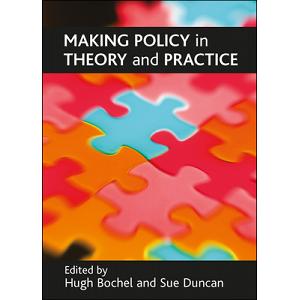
Since the policy-making process is quite complicated, its various stages require and emphasize different skill sets. Typically, individuals involved in this process tend to specialize in one or two specific steps. While there are individuals who demonstrate proficiency in every stage of policy-making, or while some individuals may concentrate on various phases and steps at different stages of their careers, the majority tend to focus on areas that align with their strongest interests, skills, and talents. For example, one might find great satisfaction in conducting research. They have committed significant effort to building a comprehensive range of research skills, which ultimately demonstrate to be quite effective in identifying or framing problems and issues.
Additionally, for individuals who choose to specialize in policy evaluation or retrospective policy evaluation, these areas represent a specific niche within the policy process. Clearly, a career in public policy requires a diverse set of skills, including analytical abilities such as policy analysis, political analysis, economic analysis, and the analysis of ethical and value-related issues in policy-making. Public policy also involves a variety of competencies often referred to as advocacy skills; this includes skills associated with issue framing, agenda-setting, negotiation and persuasion, coalition building, and community engagement.
I
Ultimately, public policy embraces a range of important communication skills that help connect with everyone. This includes:
1. Thoughtful planning and execution of strategic communication
2. Crafting written content that resonates with diverse audiences
3. Engaging in effective oral communication – all of which are especially crucial when time is tight.
This is an outstanding set of skills to possess. The truth is that only some people are proficient in all of these areas. Once again, some individuals specialize in and possess extensive skill sets in specific areas. They can assist those of us with a more general knowledge range. Once again, for example, when someone possesses highly specialized analytical skills, she must depend on individuals with greater skills and experience in other areas for much of her policy work. When exploring the policy-making process and its associated materials, you may have discovered enjoyment and interest in various elements to differing levels.
Where you are in the field of public policy:
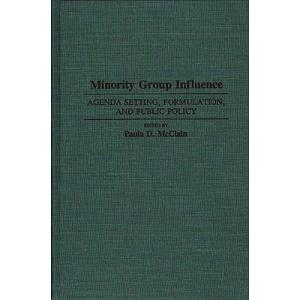
1. You are deeply passionate about using data analysis and research evidence to identify problems and analyze potential policy solutions.
2. You might be an individual with a strong interest in participating in advocacy work guided by community needs, assisting in identifying and articulating problems in ways that promote their inclusion on policy agendas.
3. You could be an individual who is deeply interested in the design and formulation of actual policies, contributing to the language, details, necessary resources, and the political processes involved in deciding what actions should be taken.
 As you work to discover your niche in the wide-ranging and complex field of public policy, take some time to reflect on and express your own personal guiding or core principles:
As you work to discover your niche in the wide-ranging and complex field of public policy, take some time to reflect on and express your own personal guiding or core principles:
1. What is motivating or inspiring your interest in public policy?
2. What aspects of policy are you passionate about?
3. What values, motivations, and ideas about a better world inspire you?
What are your areas of interest? Which societal problems and issues concern or appeal to you the most? This may include policy-related topics:
1. Sustainability and energy policy
2. Education policy
3. Transportation policy
4. Health Policy.
5. Social issues like poverty, social inequality, migration, economic disinvestment in urban areas, structural racism, etc.
Considering the issues that matter most to you, which steps or phases in the policy-making process related to those issues do you consider most important? What are the key actions, in other words, regarding the issues that are significant to you? Ultimately, when identifying your niche, it's essential to consider your skills and how you can create the greatest impact. What activities are you both skilled at and enjoy? Where do your skills align most effectively within the policy-making cycle? What new skills are you interested in acquiring to help you achieve your goals?
Stories of public policy practitioners who are enrolling in the public policy program at the Ford School, Michigan: Final Reflections.
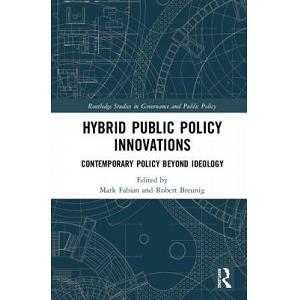
Even though she never planned to pursue a third career in public policy, she is truly thankful for how everything has turned out. She has the chance to apply a broad array of skills in her daily role of organizing individuals to advocate for voters and implement sustainable democratic reforms in Michigan. Her work is demanding, but it is also highly rewarding. Before entering this field, she was unaware of the substantial effort needed to develop and implement policies that benefit everyone. She is truly excited to find that individuals from diverse backgrounds and skill sets are not only welcomed in the field of public policy but are also crucial to its success. Although her experience as an engineer and math teacher has been advantageous to her work, at some point, she recognized her desire to enhance her understanding of public policy and the operations of governments and non-profits in order to update and reform the policies that influence and shape our society. She hopes everyone has found this public policy online course engaging and that all feel inspired to apply the tools of public policy in both their professional and personal lives.

Public policy is relevant to everyone. Whether they are currently employed in the field or just beginning their journey in public policy, anyone who cares about the issues we encounter today and looks for answers can leverage the tools of public policy analysis to make a positive impact. Whether it's understanding the various policy options available for a specific issue, assessing the potential outcomes of different policies, or becoming an informed consumer of research and data, these tools can enable you to effect meaningful change in the crucial policy reforms required in today's world. There is considerable work to be done if we are to create a public sector that genuinely reflects the diversity of our lives and honors our dignity. Making meaningful progress in this work requires various efforts, such as campaigning for the right policy leaders, advocating for marginalized communities, conducting research to identify gaps and solutions, and developing and implementing effective policies.

We need only to consider the COVID-19 pandemic to see how the global community relies on effective public policy to address public health emergencies. The rights to self-determination and personal freedoms, tackle workforce inequities, guarantee access to healthcare, and ensure the availability of vaccines are crucial. Communities around the globe need effective public policy to recover from crises and to anticipate and prepare for future challenges. No matter what area you're interested in—whether it’s law enforcement, social justice, public health, environmental protection, lobbying, or advocacy—all these fields demand individuals ready to face tough challenges and solve intricate real-world problems.
 As you work to discover your niche in the wide-ranging and complex field of public policy, take some time to reflect on and express your own personal guiding or core principles:
As you work to discover your niche in the wide-ranging and complex field of public policy, take some time to reflect on and express your own personal guiding or core principles: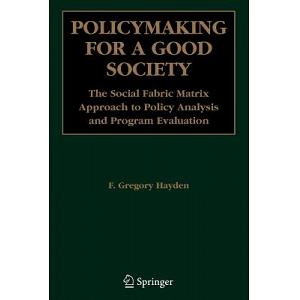

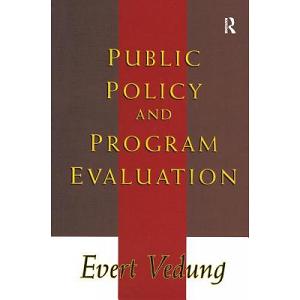
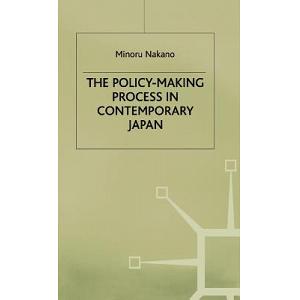

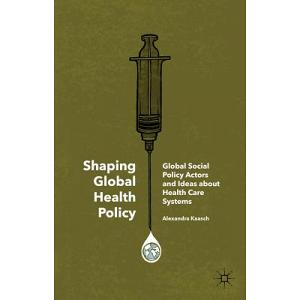



1 comment:
I am highly impressed with Sudarshan Addpack as a FIBC bags supplier. Their bags are exceptionally durable and made from premium-quality materials, ensuring safe and efficient transportation of our bulk materials. The moisture-resistant and high-strength design provides unmatched reliability. What stood out the most was their customization options, allowing us to get packaging solutions tailored perfectly to our needs. The team was professional, responsive, and ensured seamless execution with timely delivery. Thanks to Sudarshan Addpack, our packaging process has become more efficient and cost-effective. I highly recommend them for anyone looking for top-quality FIBC bags
Post a Comment